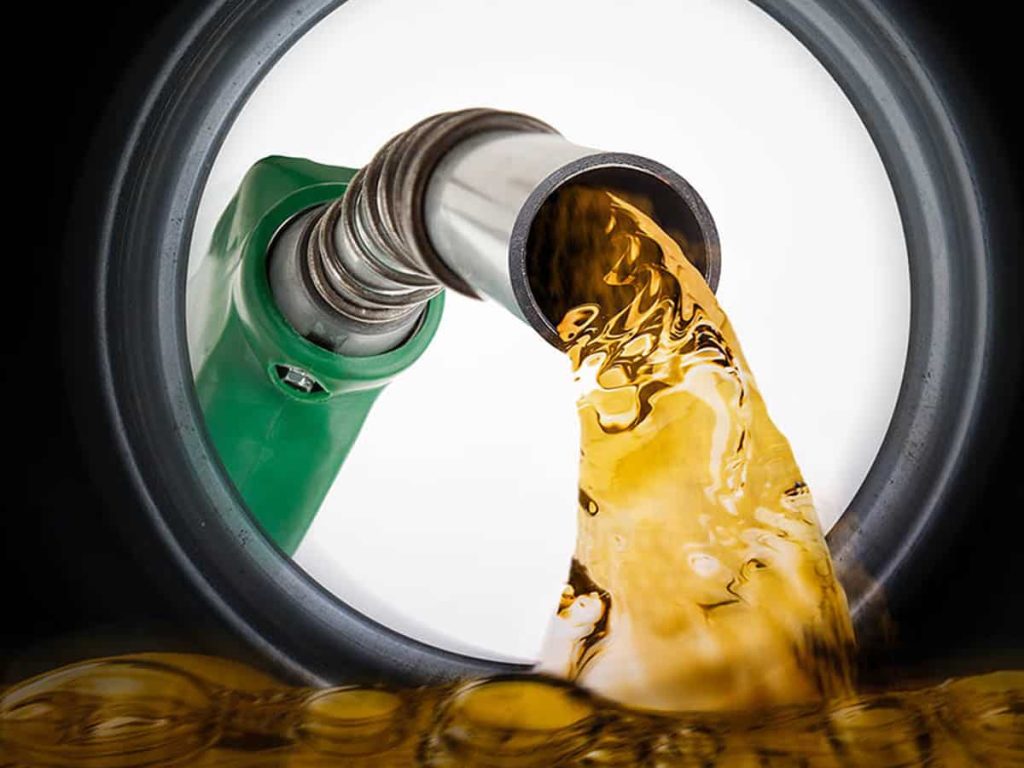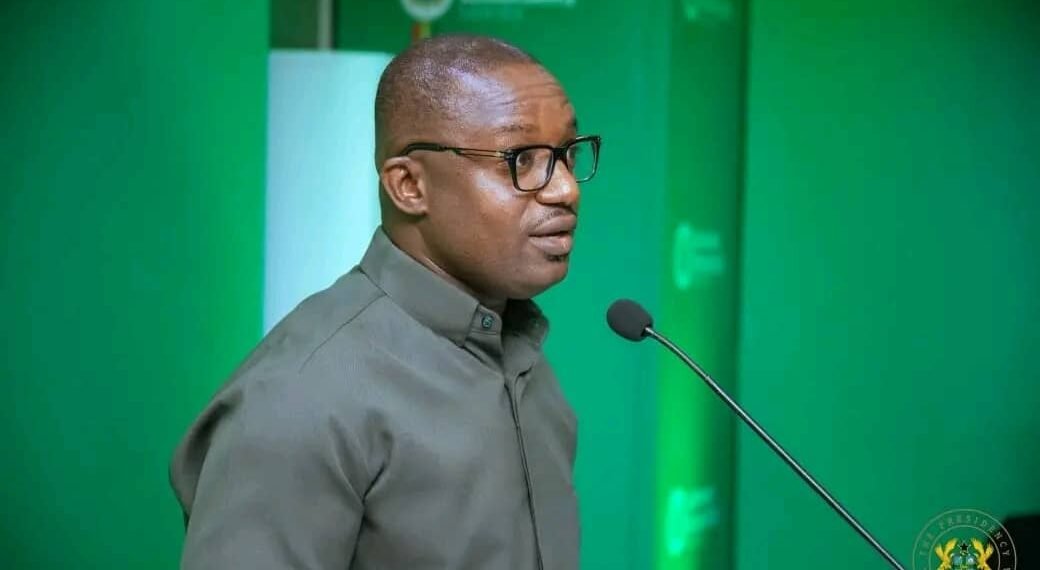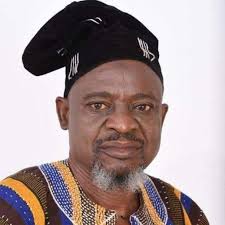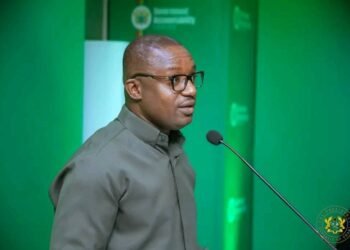Ghana’s energy sector was in a state of deep distress at the start of the year, with over GHS 80 billion in debt, falling crude oil production, and severe power generation deficits, Energy and Green Transition Minister John Abdulai Jinapor revealed on Wednesday, July 16, 2025.
Speaking at the Government Accountability Series in Accra, the Minister delivered a candid appraisal of the state of the sector inherited by the new administration in January 2025.
He described a system burdened by years of underinvestment, deteriorating infrastructure, and declining investor confidence, particularly in the petroleum segment. “When we assumed office in January, the energy sector was in crisis,” Hon. Jinapor said.
“Decreasing petroleum reserves, years of neglect, and massive debts created an ecosystem of dysfunction.
“But we saw these not just as problems, but opportunities for transformation.”
Hon. John Abdulai Jinapor, Minister for Energy and Green Transition
Mounting Debts and Power Deficits

The Minister revealed that as of December 2024, the country was facing a 720-megawatt power deficit, exacerbated by fuel shortages and strained relations with Independent Power Producers (IPPs).
“We inherited an energy sector saddled with debt, IPPs alone were owed about $1.7 billion.
“When you include the entire power generation and distribution sector, the figure rose to over $3 billion. In total, the energy sector liabilities stood at approximately GHS 80 billion.”
Hon. John Abdulai Jinapor, Minister for Energy and Green Transition
He further explained that many IPPs had threatened to shut down operations due to unpaid bills, adding that the national grid was operating under severe constraints with limited fuel reserves.
Hon. Jinapor also expressed concern over the trajectory of Ghana’s crude oil production. After peaking at 71 million barrels in 2019, output has consistently declined over the past five years, reaching 48 million barrels by the end of 2024.
He attributed this to a “poisoned business environment” and a general lack of confidence among investors in Ghana’s upstream petroleum sector.
“We saw a worrying withdrawal of investment in oil exploration and development, driven largely by regulatory uncertainty and a lack of clarity in fiscal regimes.
“This decline was not just a technical issue, but a sign that investor confidence had been eroded over time.”
Hon. John Abdulai Jinapor, Minister for Energy and Green Transition
Early Signs of Progress

While acknowledging that significant challenges remain, the Minister was optimistic about the early outcomes of these reforms.
“Today, we are beginning to see tangible results. Fuel stock levels have stabilised, investor interest is returning, and transmission bottlenecks are being addressed.”
Hon. John Abdulai Jinapor, Minister for Energy and Green Transition
In particular, Jinapor highlighted a “more favourable outlook” on crude production, attributing it to active re-engagement with operators and streamlining of regulatory hurdles.
On the power side, new investments in renewable energy and transmission capacity have laid the groundwork for improved reliability.
“We’re not out of the woods, but we’re moving decisively. Ghana’s energy sector will become the engine of our industrialisation and economic renewal.”
Hon. John Abdulai Jinapor, Minister for Energy and Green Transition
Political Will

The Minister credited President John Dramani Mahama’s administration for backing a forward-looking, climate-aligned energy agenda.
The government is pursuing a “green transition” anchored in energy security, clean energy development, and inclusive access.
“We are beginning to witness renewed investor interest, and more importantly, we’re seeing tangible results from our interventions.
“This is a testament to the decisive steps taken by this government in restoring order, confidence, and a clear vision for the energy sector.”
Hon. John Abdulai Jinapor, Minister for Energy and Green Transition
As the government continues to navigate complex financial and operational pressures, Hon. Jinapor reaffirmed the Ministry’s commitment to fiscal discipline, policy consistency, and partnership with the private sector.
READ ALSO: IMF Names Seasoned Economist Dr. Adrian Alter as New Country Representative in Ghana



















